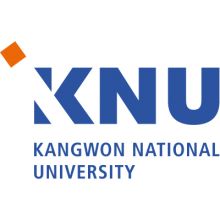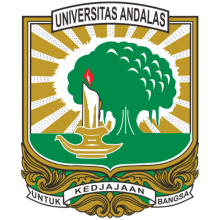关于 University of Dhaka
In 1921, the University of Dhaka opened its doors to students with Sir P. J. Hartog as the first vice-chancellor of the university.
At present, the university consists of 13 faculties, 71 departments, 10 institutes, 17 dormitories, three hostels and more than 38 research centres. As the pioneer and the largest seat of learning in the country, the University of Dhaka fosters the transformation processes of students and the country as a whole through its educational and research facilities.
A new phase began in the history of the university with the emergence of the People's Republic of Bangladesh in 1971. This has been a phase of development, expansion and consolidation of earlier gains. The university has assumed a central role in the academic pursuits of the region. The university played a central role in the Language Movement of 1952 that ultimately culminated in the recognition of Bangla as the state language. Scores of students, teachers and employees of the University of Dhaka laid down their lives for the independence of the country.
Just after the creation of Bangladesh, the government proclaimed the University of Dhaka Order 1973 whereby democratic norms and autonomy became integral features of the institution.
The University of Dhaka is now the largest public university in Bangladesh. The University Library, spread across three different buildings, is the biggest in Bangladesh, comprising 617,000 volumes. There is also a medical centre with 24/7 service and a dental unit, eye unit, X-Ray department and two ambulances. Notable alumni include Muhammad Younous, Bangladesh’s only Nobel Prize winner, as well as many Bangladeshi presidents, prime ministers, artists, journalists and businessmen.
University of Dhaka 的排名数据分析
对比大学重要统计数据
关键统计数据
- 3%国际学生比例(1)
- 15.3每位教职员对学生数量(1)
- 216,258Number of FTE Students(1)
- 26%Array(1)
- 50 : 50女生对男生的学生比例(1)
University of Dhaka 的授予学科
Physical sciences
- Mathematics & Statistics
- Geology, Environmental, Earth & Marine Sciences
- Chemistry
- Physics & Astronomy
Social sciences
- Geography
- Politics & International Studies (incl Development Studies)
- Communication & Media Studies
- Sociology
Engineering & technology
- General Engineering
- Chemical Engineering
- Electrical & Electronic Engineering
Business & economics
- Economics & Econometrics
- Accounting & Finance
- Business & Management
Arts & humanities
- Art, Performing Arts & Design
- Languages, Literature & Linguistics
- History, Philosophy & Theology
Law
- Law
Computer science
- Computer Science
Psychology
- Psychology
Life sciences
- Biological Sciences
Education
- Education










